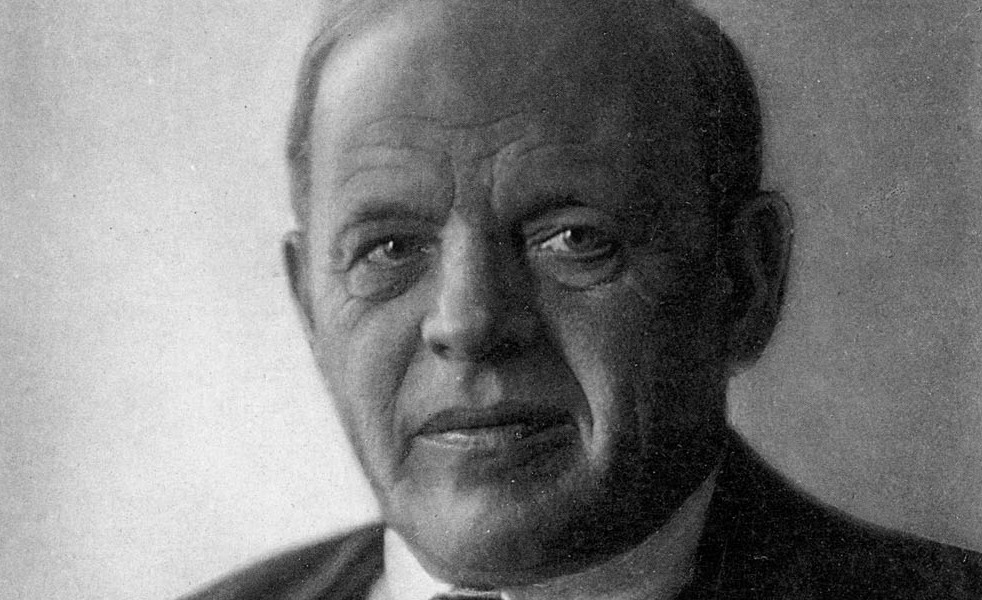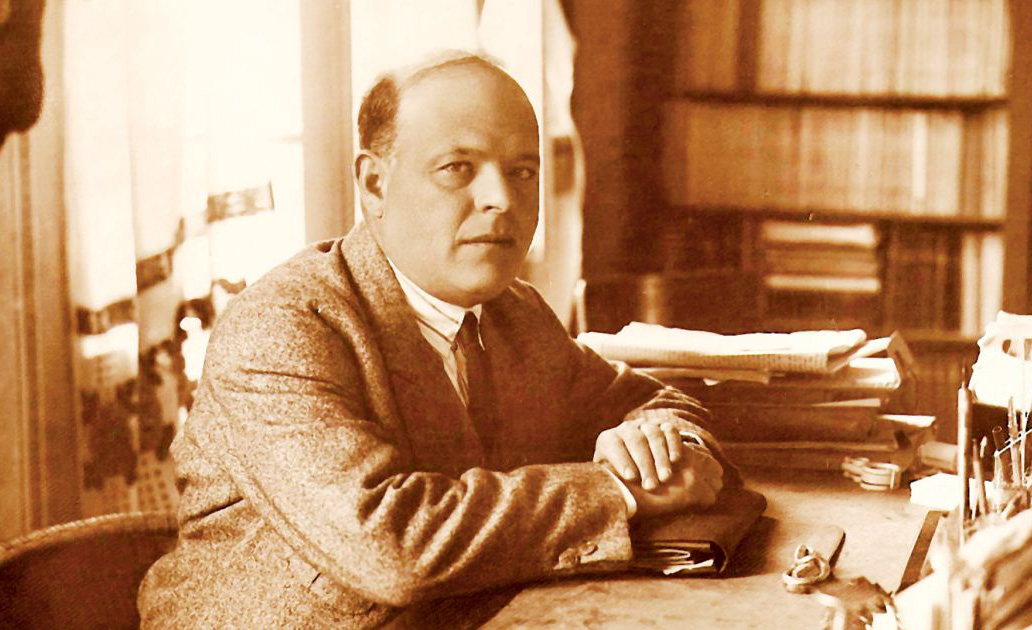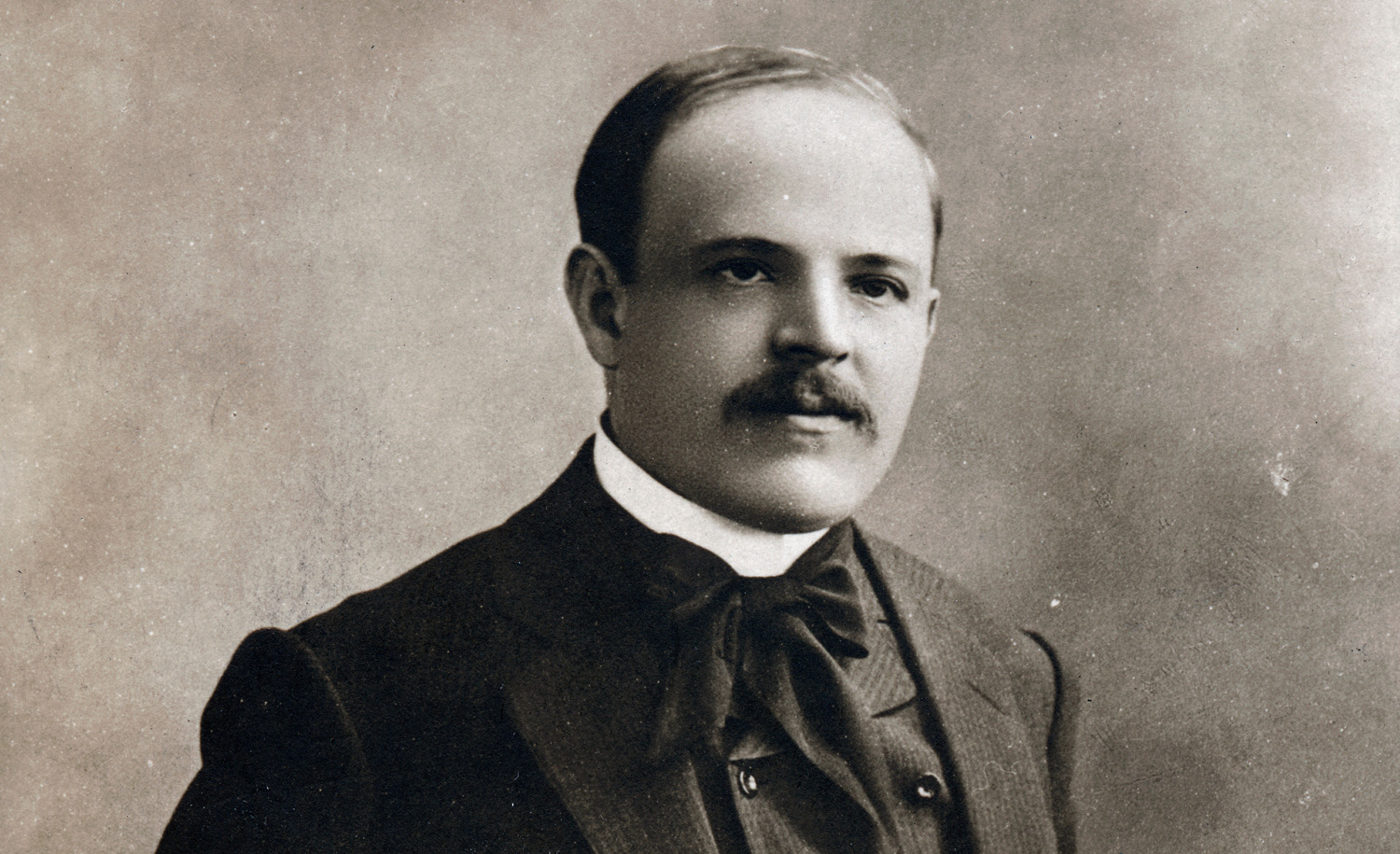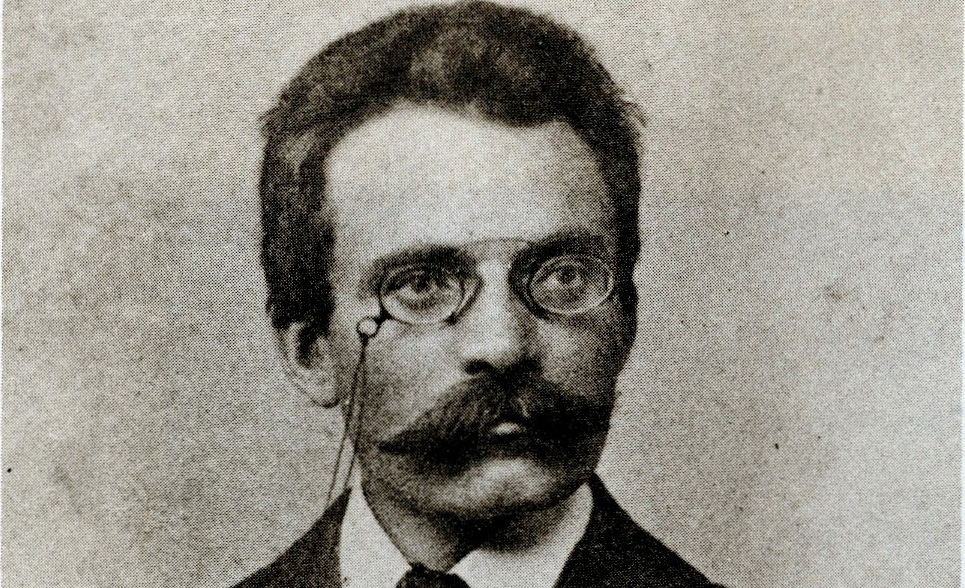Hebrew literature
A tale of coffee and sadomasochism.
An NYU professor channels the high priest.
The most tragic Jewish writer of modern times.
A City and Its Fullness.
Ḥayyim Naḥman Bialik’s faith in a Zionist-led Hebrew renaissance never faltered; nor did his labors on its behalf. Yet he also became, so he felt, Zionism’s prisoner.
Ḥayyim Naḥman Bialik was called upon by his contemporaries to play the role of a prophet. By consenting, he believed he had betrayed both his talent and his true calling.
In December 1903, Ḥayyim Naḥman Bialik burst to fame and notoriety in a storm of rage at Jewish passivity; by 1910, his poetic career had stalled.
He positions himself not as a subtly ironic modernist but as a humble, heartbroken preserver of memory.
Poems of the land of Israel.
A kinship between the artist and the outlaw.
The latest novel by Amos Oz, Israel’s best-known writer, is ostensibly an allegory about both the state of Israel and the betrayal of Jesus. What’s it actually about?
Why did the great Micha Yosef Berdichevsky, who called on Jews to take personal responsibility for Zionism, never settle in or even visit Palestine?
The original misunderstood and lonely poet.





